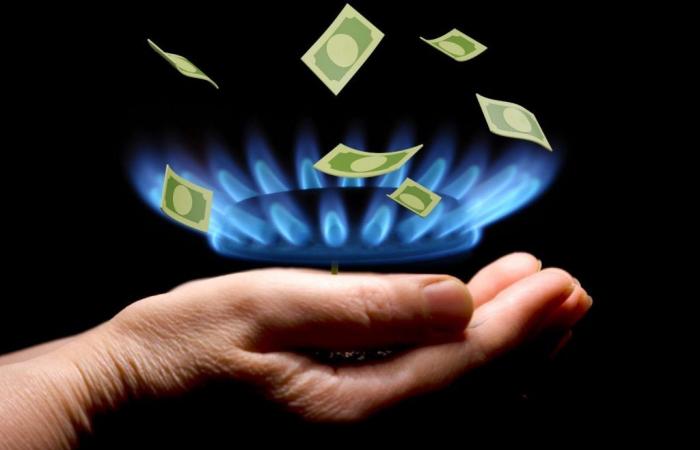As usual, the start of the month brings with it some major changes in the daily lives of French people. In addition to the Olympic Games, which promise to temporarily disrupt traffic on the streets of Paris, we will also have to deal with a government in the midst of a reshuffle, as well as several practical adjustments in our consumption habits. We take stock.
Soon a new Prime Minister?
This was the event of this Sunday, June 30: after having dissolved the National Assembly, President Emmanuel Macron called the French people to the polls for the legislative elections. The results were largely surprising, since at the end of this first round, it is a participation record (more than 60%) which was recorded, accompanied by a worrying victory for the extreme right.
If the RN did not obtain an absolute majority, the party of Marine Le Pen and Jordan Bardella is currently seeking 255 parliamentary seats, compared to 190 for the New Popular Front. Be careful, however, The second round could reshuffle the cards. See you on July 7th to find out the end of the story.
D-25 before the kick-off of the Paris 2024 Olympic Games
This summer, the Paris 2024 Olympic Games intend to make the city of lights shine internationally. In reality, the event promises above all to disrupt the lives of Ile-de-France residents. Between the metro stations closed to the public for security reasons, those which are already expecting record crowds, and the traffic zones prohibited to motorists and pedestrians around the events, the summer promises to be sporty.
The fight against shrinkflation accelerates
This was one of the government’s promises. Faced with inflation, many brands have taken to reducing the quantity of product, without cutting prices. Ultimately, this leads to an increase in prices per kilo, without explicitly informing consumers. A lack of transparencyestimates a recent decree, which will soon require brands to demonstrate greater transparency.
A new savings plan for young people
This is the new feature of the month on the savings side, the new future climate savings plan (PEAC) has been available since July 1st. Capped at 22,950 euros, it is reserved for young people under 21, and comes from the green industry law. Its objective: to allow young people to invest their income in tax-free savings, but with variable remuneration, while contributing to financing the ecological transition. Parents will be able to open the account as soon as their child is born, and it will be automatically closed when they turn 30. Between the age of majority and the account being closed, it will be possible to withdraw money from the account, but not to fund it.
ECD is evolving, but not for everyone
The calculation of the energy performance diagnosis (DPE) will change for some homes. The energy label ranging from “A” for the most efficient homes to “G” for the least efficient will be revised for homes with a surface area less than or equal to 40m2. In total, 220,000 thermal sieves should benefit from an improvement in their energy rating, without any environmental effort on their part. Enough to escape the ban on renting out class E, F and G housing by 2034.
Gas increases (a lot)
This is the bad surprise of the month, the price of gas increased by 11.7% compared to June. The benchmark price communicated by the Energy Regulatory Commission, which has served as a reference since the disappearance of regulated tariffs in 2023, will now be 129.20 euros including tax per megawatt hour (MWh), compared to 115.7 euros/MWh last month.
Revaluation of unemployment insurance
Unemployment insurance benefits are increased by 1.2% on July 1, 2024. In total, these are two million job seekers who would be affected, estimates Unédic, the association responsible by public service delegation for the management of unemployment insurance in France. Thus, a beneficiary who has not worked during the month and receives a minimum allowance will now receive €991.07 gross, compared to €979.29 last June. Not enough to absorb the inflationary rate.
-
-






